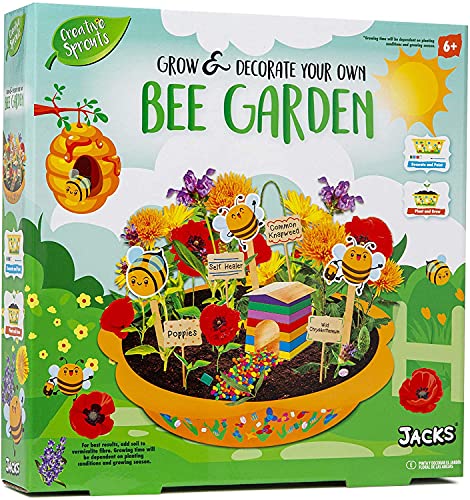From PH links to the FERA database : 2010 figures
90 out of 123 consignments of queens or nucs were inspected....but it doesn't say how many of each consignment was inspected. So in 2010 33 consignments were not inspected and sailed merrily into our shores.
Careful - I understand the expectation that they should all have been inspected, but if they've come from a similar source then there are other factors at play.
SHB & tropilaelaps are both apiary pests, i.e. they will not lurk isolated in one colony and leave neighbouring colonies alone. Same applies to EFB. Most of the minor ailments are triggered by stress and/or confinement, so travel will likely have made these apparent *. So if the colonies come from the same source, sampling many should be sufficient for confidence, and save the effort of sampling all. The Inspectorate have finite resources and, as you point out, there are thousands of imports to deal with, doubtless most turning up during a short time window.
Ever tested for nosema? How many bees do you need? 30 bees for a 90% certainty of a 10% infection, IIRC, in a colony of 10,000 or more individuals. Clearly you could test 300, or even 3,000 bees, but since they are from the same source then whilst you are improving your accuracy you have to think about effort vs. return. For total confidence, test every bee; it'll take you a fortnight, and you'll end up with a very accurate diagnosis and a dead colony.
Bear in mind also that some of those consignments may have come with European certificates of health at point of dispatch. Why use limited resources inspecting that which was inspected a couple of days ago and found apparently healthy, when there are others coming in from other sources which have more potential for problems?
Pressure on the government to provide more resources for more inspection would be good, but unlikely to bear fruit in this climate. Pressure on beekeepers or government to cease imports - with no alternative arrangement in place - will simply produce (enlarge?) a black market. Do not kid yourself that there are no illegal imports now; with the halting of legal imports then these will become more appealing, not less.
This seems to have snowballed from the initial general concern - many imports close to Ron Hoskin's breeding effort. Maybe best to try to deal with that first before getting bogged down in changing everything?

* ever stopped to wonder why imported bees show high levels of stress/confinement diseases...?



 Does that imply we're being blanked?
Does that imply we're being blanked?














































